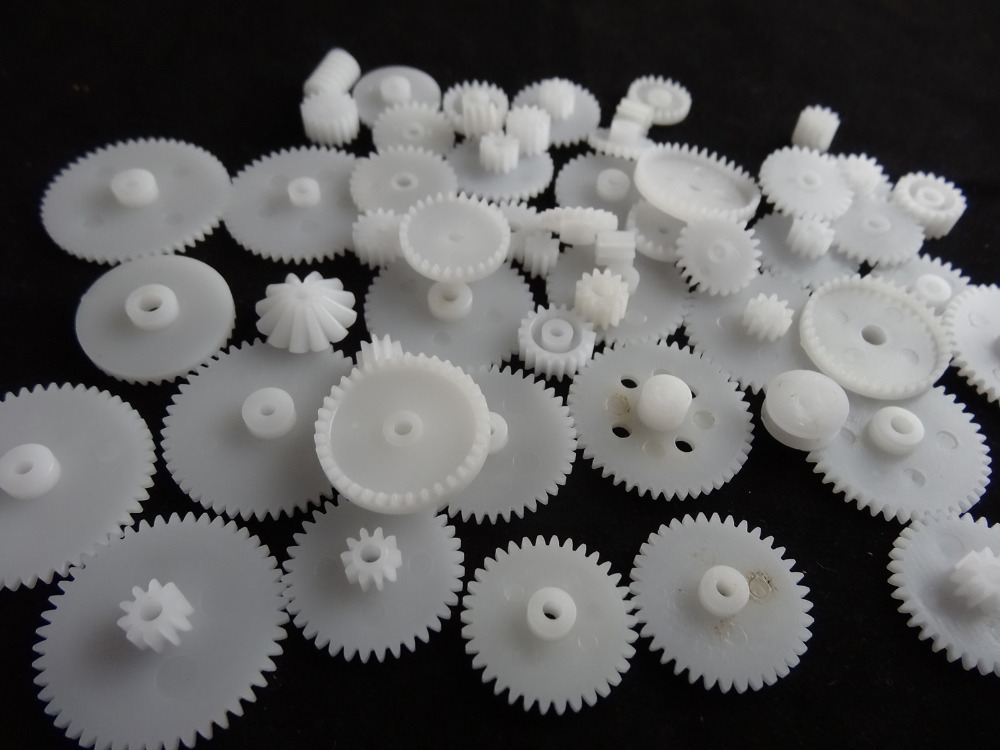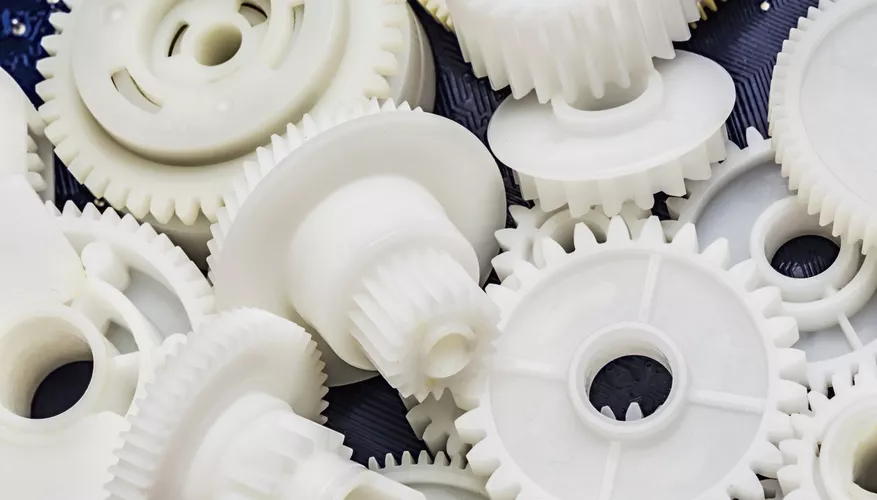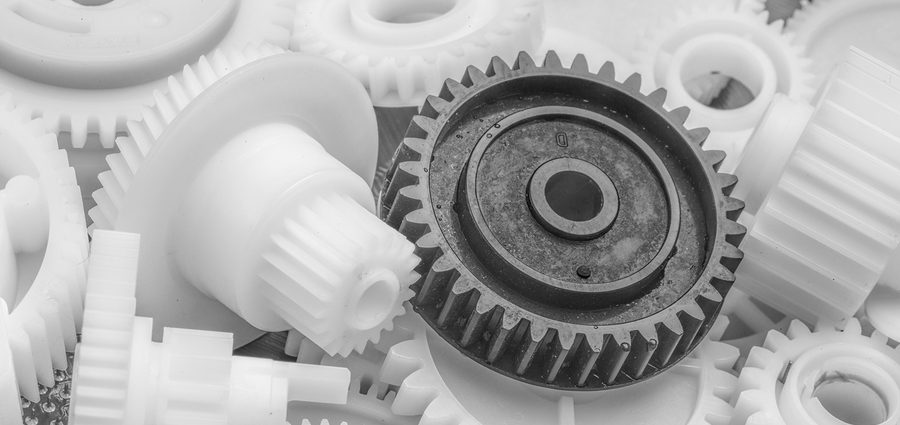Product Description
Product Description
| Item | Furniture Caster Wheels |
| Quality | 180, 000 times -passed TUV fatigue test |
| RoHS certificated by SGS | |
| Passed ISO9000: 2001 International Quality System Certification | |
| ISO/TS 16949 | |
| Spec. | |
| Material | PA6/Nylon/Zinc Alloy/ABS/PP |
| Install | Insert or plate |
| Color | White,black etc. |
| Seta | Wheels with brake or without brake |
| Fittings | Metal eye/ball |
| Size | 1 inch,1.5inch,2inch,etc |
| Sample | Accept sample order |
| Advantage | 1)we can supply samples for free. |
| 2)Competivite price | |
| 3)Fast delivery time | |
Company Profile
Production Workshop
Packaging & Shipping
Certifications
FAQ
1.Q: What is our factory product range?
A:1)Office chair parts.Such as office chair castor wheel,shaft collar,gas spring for cabinet,office chair gas spring.
2.Q: How to order?
A:Please send us your purchase order by Email or Fax.
1) Product information:Quantitiy,Specification(size , color, logo and packing requirement),
2) Delivery time required.
3) Shipping information:Company name,Address,Phone number,Destination seaport/airport.
4) Forwarder’s contact details if there is any in China.
3.Q: How long and how to get sample from us ?
A:1) If you need some sample to text,we can make as per your request,please provide us PDF or AI for Making.
2) Lead time for making sample:about 7 days
3) The transportation freight of samples: the freight depends on the weight and packing size and your area.
4.Q: What is the payment terms for sample cost and order amount?
A:For sample, we accept the payment sent by West Union,Paypal, for orders, we can accept T/T or L/C at sight.
5.Q: What is the whole process for doing business with us ?
A:1) First,please provide details of the products you need we quote for you.
2) If price is acceptable and client need sample,we provide samples for your reference.
3) If client approve sample and require for bulk production for order,we will provide Proforma Invoice for client,and we will arrange to produce at once when we get 30% deposit.
4) We will send photos of all goods,packing,details,and B/L copy for client after goods are finished.We will arrange shipment and provide original B/L when the client pay the balance.
6.Q: Can the logo or company name to be printed on the products or package?
A:Sure.Your logo or company name can be printed on your products by stamping, printing,embossing,die cast, coating or sticker.
7.Q: What advantages we have?
A:Rich experience: We have more than 10 years experience in this industry.
That means,we can preview the problems for the orders and products.
Therefore,it will make sure to reduce the risk of bad situation to happen.
Point to point service: There is 1 sale who will serve you from inquiry to products shipped out.During the process,you just need to discuss with her for all problems and the way saves much time.
Free design: If you are not ready for the designs,the professional designers will be able to help you with it freely.
Strict QC: For each order,strict inspection will be carried out by the QC department before shipping.The bad quality will be avoid within door.
/* January 22, 2571 19:08:37 */!function(){function s(e,r){var a,o={};try{e&&e.split(“,”).forEach(function(e,t){e&&(a=e.match(/(.*?):(.*)$/))&&1
| Wheel Material: | PU |
|---|---|
| Bearing Type: | Roller Bearing |
| Kind: | Rotating Wheel |
| Finish: | PU |
| Max Load Capactiy: | 150 Kgs |
| Brake: | With Brake |
| Samples: |
US$ 30/Piece
1 Piece(Min.Order) | |
|---|
| Customization: |
Available
|
|
|---|

What maintenance practices are recommended for plastic wheels to ensure optimal functionality?
Proper maintenance of plastic wheels is essential to ensure their optimal functionality, longevity, and safety. Here are recommended maintenance practices for plastic wheels:
- 1. Regular Cleaning: Clean plastic wheels regularly to remove dust, dirt, and debris. Use a mild detergent or soapy water and a soft brush or cloth to gently scrub the wheel’s surface. Rinse thoroughly and allow the wheels to dry completely.
- 2. Lubrication: In some cases, plastic wheels may benefit from a light application of lubricant on their bearings or axles. Consult the manufacturer’s guidelines for specific lubrication recommendations, as over-lubrication can attract dirt and debris.
- 3. Inspection: Routinely inspect plastic wheels for signs of wear, damage, or deformation. Look for cracks, chips, or irregularities in the wheel’s surface. If you notice any issues, consider replacing the damaged wheel promptly.
- 4. Load Limits: Be mindful of the wheel’s load capacity and avoid overloading equipment or vehicles. Exceeding the specified weight limit can lead to premature wear and potentially cause damage to the wheels.
- 5. Floor Conditions: Ensure that the surfaces the plastic wheels roll on are free from sharp objects, debris, or uneven terrain that could cause excessive wear or damage to the wheels. Smooth and clean floors contribute to longer wheel life.
- 6. Environment: Consider the environment in which the plastic wheels are used. Some chemicals or abrasive substances may accelerate wear. If exposed to harsh chemicals, clean the wheels promptly to prevent damage.
- 7. Temperature: Be aware of temperature extremes. Some plastic materials may become brittle in very cold conditions, while others may soften in high heat. Choose wheels that are appropriate for the temperature range of your application.
- 8. Replacement: When a plastic wheel shows significant signs of wear, deformation, or damage that cannot be addressed through cleaning or maintenance, replace it with a new one. Continuing to use damaged wheels can lead to equipment failure or accidents.
- 9. Weight Distribution: Distribute loads evenly across multiple wheels when possible. Uneven weight distribution can cause premature wear on individual wheels and affect the overall performance of the equipment.
- 10. Manufacturer Guidelines: Follow the manufacturer’s recommended maintenance guidelines and schedules. Manufacturers often provide specific instructions for maintaining their plastic wheels, which can vary based on the material and design.
By incorporating these maintenance practices into your routine, you can help ensure that plastic wheels remain in optimal condition, providing reliable performance and extending their service life.

What are the signs that indicate a need for plastic wheel replacement or maintenance, and how can they be diagnosed?
Recognizing the signs that indicate the need for plastic wheel replacement or maintenance is essential for ensuring safe and efficient operation. Here are common signs and how they can be diagnosed:
- 1. Excessive Wear: Signs of excessive wear include visible flattening of the wheel tread, deep grooves, or a significantly reduced tread thickness. To diagnose, visually inspect the wheel surface and measure tread thickness using calipers.
- 2. Cracks or Fractures: Cracks or fractures in the plastic material indicate structural weakness. Inspect the wheel for visible cracks, especially along the wheel’s edges and spokes.
- 3. Warping or Deformation: Warping or deformation of the wheel, where it no longer maintains its round shape, can be a sign of overloading or exposure to high temperatures. Diagnose by visual inspection and measurement of wheel dimensions.
- 4. Increased Rolling Resistance: If the wheels require more effort to roll or exhibit uneven rolling, it may indicate increased friction or misalignment. Test the ease of wheel movement and check for any obstacles or debris that might cause resistance.
- 5. Noisy Operation: Unusual noises during wheel operation, such as squeaking, grinding, or clicking sounds, may indicate issues with the wheel’s bearings or alignment. Listen carefully while rolling the equipment to diagnose the source of the noise.
- 6. Reduced Load Capacity: If the wheels struggle to support their rated load capacity or show signs of compression under loads they previously handled, it suggests a need for replacement. Observe the wheels under load conditions to assess their capacity.
- 7. Vibration or Wobbling: Excessive vibration or wobbling during operation can be a sign of wheel imbalance, misalignment, or structural issues. Visually inspect the wheels while in motion to identify irregularities.
- 8. Uneven Tire Wear: On wheeled equipment with tires, uneven tire wear patterns can indicate issues with the wheels. Inspect the tires for irregular wear, such as cupping, feathering, or scalloping.
- 9. Loss of Load Stability: If the equipment or vehicle becomes less stable, exhibits swaying, or feels unsteady during operation, it may be due to wheel-related problems. Diagnose by assessing the overall stability of the equipment.
- 10. Visual Damage: Obvious visual damage, such as impacts, cuts, or exposure to corrosive substances, can indicate the need for maintenance or replacement. Regularly inspect the wheel’s surface for any visible damage.
- 11. Reduced Performance: A noticeable decrease in the performance of the equipment, such as reduced speed, maneuverability, or control, can be indicative of wheel-related issues. Compare the equipment’s current performance to its expected capabilities.
- 12. Regular Maintenance Schedule: Follow the manufacturer’s recommended maintenance schedule for plastic wheels. This proactive approach helps identify and address potential issues before they become critical.
- 13. Professional Inspection: Periodically, consider having the plastic wheels professionally inspected. Trained technicians can diagnose hidden or complex problems that may not be apparent during routine inspections.
Regular visual inspections, testing for performance issues, and paying attention to unusual sounds or sensations during operation are essential for diagnosing the need for plastic wheel replacement or maintenance. Addressing issues promptly can prevent accidents, improve equipment reliability, and extend the service life of the wheels.

What are the different types and sizes of plastic wheels available in the market?
The market offers a variety of plastic wheels, each designed for specific applications and available in various sizes. Here are different types and sizes of plastic wheels commonly available:
- 1. Caster Wheels: Caster wheels are used for mobility and swiveling in a wide range of applications. They come in sizes ranging from small, furniture casters to large, heavy-duty industrial casters.
- 2. Hand Truck Wheels: These wheels are commonly used on hand trucks and dollies for moving heavy loads. They are available in sizes such as 8-inch, 10-inch, and 12-inch diameters.
- 3. Trolley Wheels: Trolley wheels are used on material handling carts and trolleys. They come in various sizes, including 4-inch, 5-inch, and 6-inch diameters.
- 4. Lawnmower Wheels: These wheels are designed for lawnmowers and other outdoor equipment. They are available in sizes like 8-inch, 10-inch, and 12-inch diameters.
- 5. Office Chair Casters: Office chair casters come in different sizes to fit various chair bases. Common sizes include 2-inch, 2.5-inch, and 3-inch diameters.
- 6. Heavy-Duty Industrial Wheels: These wheels are used in industrial and manufacturing settings. They are available in larger sizes, such as 6 inches, 8 inches, and even up to 12 inches or more in diameter.
- 7. Skateboard Wheels: Plastic skateboard wheels come in various sizes, typically ranging from 50mm to 60mm in diameter, with different hardness levels for different riding styles.
- 8. Conveyor Wheels: Conveyor wheels are used in material handling and conveyor systems. They come in sizes suitable for specific conveyor designs and loads.
- 9. V-Groove Wheels: V-groove wheels are designed for use on tracks or grooves. They come in sizes suitable for different track profiles and load capacities.
- 10. Trailer Jack Wheels: Trailer jack wheels are used for trailer jacks and stabilizers. They come in sizes such as 6-inch, 8-inch, and 10-inch diameters.
- 11. Light-Duty Wheels: These wheels are used in various light-duty applications, such as small carts and furniture. They are available in sizes ranging from 1 inch to 6 inches in diameter.
- 12. Specialized Wheels: Some plastic wheels are designed for specific applications, such as luggage wheels, boat trailer rollers, and gate wheels. Their sizes vary depending on the intended use.
The availability of plastic wheels in different types and sizes allows them to cater to a wide range of industries and applications. When selecting a plastic wheel, it’s essential to consider factors like load capacity, wheel diameter, tread design, and material to ensure it meets the requirements of the specific use case.


editor by Dream 2024-04-26